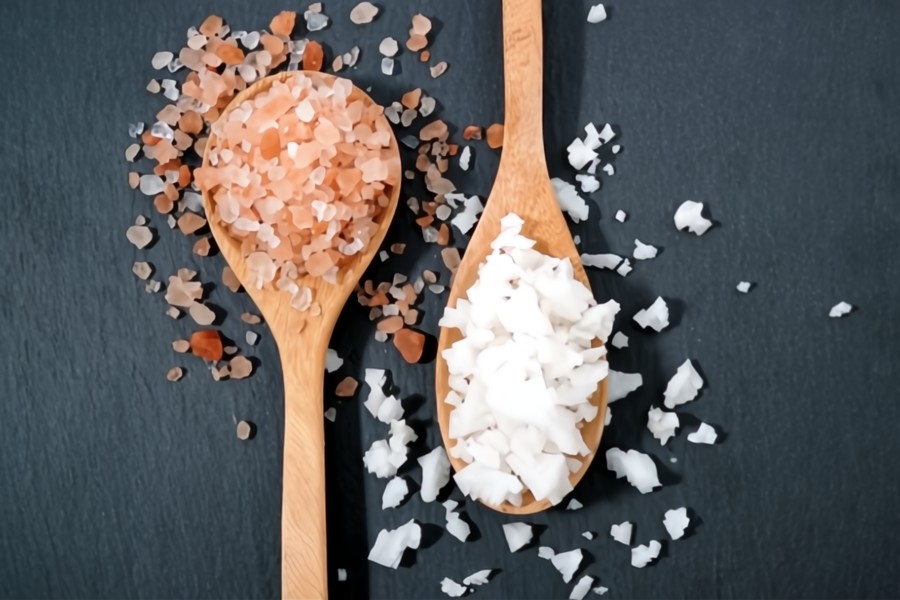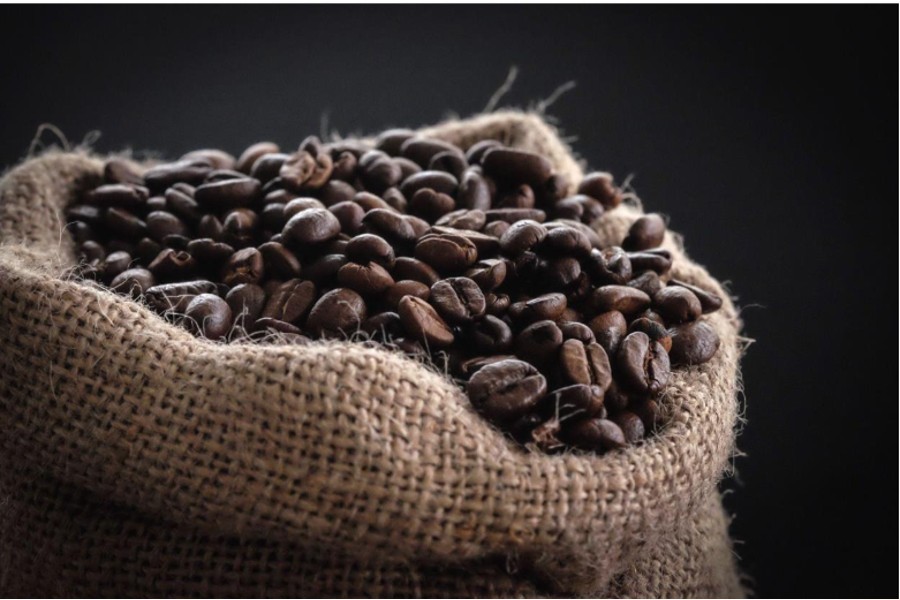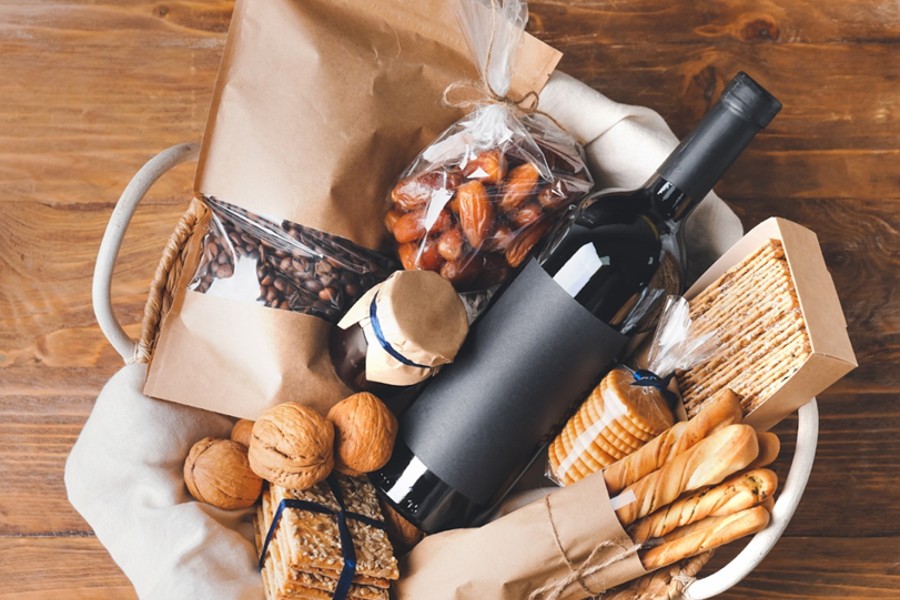
The urgency to address environmental degradation has brought sustainable packaging to the forefront of discussions within the food service industry.
As the world becomes increasingly aware of the impact of single-use plastics on our ecosystems, businesses and consumers alike are turning towards more eco-friendly options. This shift in mindset is propelling a variety of trends that promise to redefine packaging standards and practices in the food service sector.
The Rise of Sustainable Materials
One of the most significant trends in sustainable packaging is the use of alternative materials. Traditional plastics made from non-renewable petroleum resources are being replaced with materials that have a lesser environmental footprint. Bio-based plastics, biodegradable materials, and recycled content are gaining popularity as they offer the potential for reducing waste, conserving resources, and facilitating a circular economy.
Educating Consumers and Businesses
Education plays a critical role in the adoption of sustainable packaging. Consumers demand transparency and want to make informed choices that align with their values. Food service providers that offer clear information on the sustainability of their packaging can enhance customer loyalty and brand image. Likewise, businesses that are enlightened about the long-term benefits of sustainable packaging are more likely to invest in these alternatives.
Redesign for Reuse and Recycling
Another trend shaping the future of food service packaging is the redesign of products for better recycling and reuse. Packaging design now often considers the end of a product’s life cycle by simplifying materials and streamlining structures to facilitate recycling. Additionally, schemes to encourage the return and reuse of packaging components are gaining traction.
Innovative Companies Leading the Way
Companies like WF Plastic are at the forefront of these shifts, offering a range of products that embody these sustainable trends. With a focus on innovation and ecological responsibility, WF Plastic supplies eco-friendly packaging solutions to the food service industry.
Biopak Cups: An Eco-Conscious Choice
At the heart of WF Plastic’s sustainable range are biopak cups. These cups are designed with plant-based materials that are commercially compostable and biodegradable. Biopak cups represent a significant advancement in reducing the carbon footprint associated with disposable cups, illustrating how businesses can make a positive impact through intentional product selection.
Sushi Trays from Renewable Resources
A specific example of packaging innovation is the biodegradable sushi tray offered by WF Plastic. These trays are made from renewable resources and provide a sustainable alternative to traditional plastic sushi packaging. Catering to the delicious and intricately prepared sushi, these trays ensure food safety and freshness while aligning with eco-friendly practices.
Government Regulations and Compliance
Governments worldwide are imposing stricter regulations on packaging to push for sustainability. This includes bans on certain single-use plastics and obligations for businesses to reduce packaging waste. Compliance with these regulations not only avoids legal repercussions but also demonstrates a commitment to corporate social responsibility.
Technology in Packaging
Technological advancements are contributing to the development of sustainable packaging solutions. Innovations include improved barrier properties to extend the shelf life of foods, intelligent packaging with sensors for tracking freshness, and digital tools that streamline the recycling process.
Collaborations for Change
Collaborative efforts among manufacturers, food service providers, and waste management entities are vital in promoting sustainable packaging. Joint initiatives can lead to standardisation in labelling, improve recycling rates, and foster the development of new materials and designs oriented towards sustainability.
Consumer Demand Driving Change
Consumer demand for sustainable products is arguably the most powerful driver of change in the industry. A growing segment of the market is willing to pay a premium for products that they perceive as environmentally friendly, influencing food service providers to adopt sustainable packaging as a competitive differentiator.
Towards a Zero-Waste Future
The move towards a zero-waste model is not just a trend but a necessity for the viability of our planet. Food service businesses that set ambitious waste reduction targets and implement practices to achieve these goals are likely to be at the cutting edge of the industry’s evolution.
Sustainable Branding and Marketing
Effectively communicating a commitment to sustainability can bolster a brand’s reputation and appeal. Sustainable packaging is often used as a tangible representation of a company’s green ethos, woven into the brand narrative and marketing strategies to resonate with environmentally conscious consumers.
Conclusion
Sustainable packaging trends are rapidly shaping the future of food service, driven by consumer awareness, innovative companies, and regulatory pressures. From eco-friendly biopak cups to renewable sushi trays, businesses like WF Plastic are offering solutions that meet the industry’s demand for sustainability. As these trends continue to evolve, they stand to not only transform the food service sector but to also set new norms in how we think about our environmental impact through consumption.
Become a Harlem Insider!
By submitting this form, you are consenting to receive marketing emails from: . You can revoke your consent to receive emails at any time by using the SafeUnsubscribe® link, found at the bottom of every email. Emails are serviced by Constant Contact








